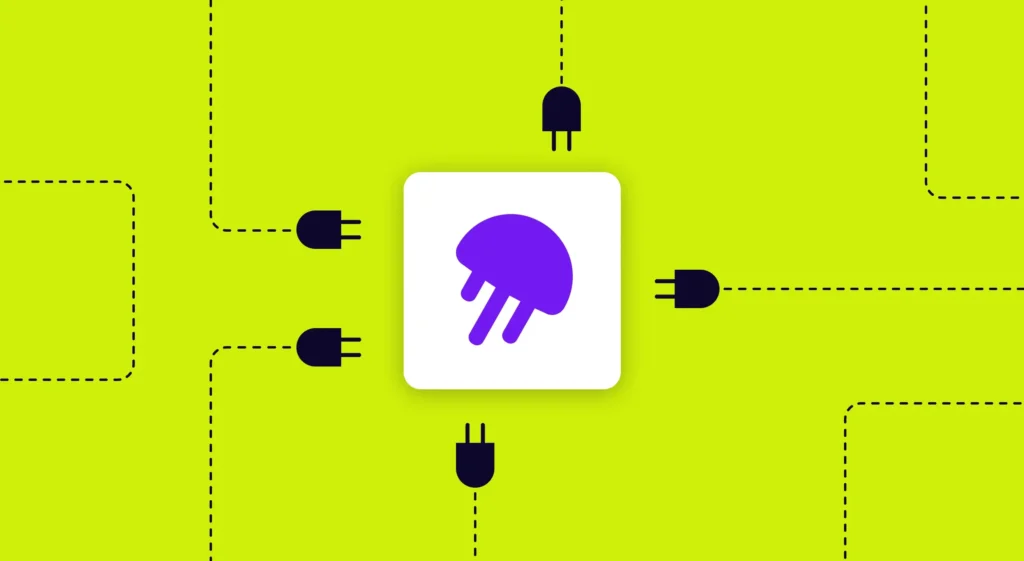What is App Modernization?
App modernization involves upgrading outdated or legacy business applications – either partially or entirely – to ensure they are up-to-date with modern technological infrastructures, architectures, or features. The end objective is to optimize performance, improve user experiences, meet evolving business needs, and enable seamless integrations with contemporary technological ecosystems.
The significance of app modernization cannot be overstated. Its importance is twofold: improving operational efficiency and enhancing business agility. By modernizing outdated applications, businesses can drastically improve their operational efficiency. In replacing clunky, often manual processes, with more streamlined automated ones, the potential for productivity increase is vast.
Likewise, a modernized application is more adaptable to evolving environments, making businesses more agile by responding faster to market changes. In fact, app modernization plays a vital role in solving several prevailing challenges. One of these stumbling blocks is the issue of legacy systems that are becoming progressively incompatible with current technologies and market trends. These systems, often riddled with performance bottlenecks, are unable to meet emerging business demands, thereby curbing the business’ ability to adapt and innovate quickly.
Through app modernization, enterprises can improve integrations, scalability, security, and portability of applications, thus remedying the challenge of obsolete technology. But how does app modernization operate within the DevOps space?
How App Modernization Operates with DevOps
DevOps, an approach in software development, promotes collaboration between the development and operations teams. The goal is to shorten development cycles, increase deployment frequency, and deliver high-quality software, all while maintaining alignment with business objectives. By connecting the concept of app modernization with the DevOps approach, businesses can revitalize their existing applications to become more efficient, resilient, and adaptive to business needs.
The concept of a DevOps app delivers a win-win approach for organizations embarking on an app modernization journey. Well-executed DevOps can result in applications that are not just modern, but relentless and adaptable. Developers and operations teams can work jointly, eliminating silos, and fostering a culture of continuous integration and continuous deployment, largely enabled through automated processes.
Application modernization and DevOps are interlinked notions that counter several technological challenges for businesses. App modernization makes the business application ecosystem relative, efficient, and customer-friendly. Meanwhile, integrating DevOps promotes collaboration and synergy between teams that ultimately leads to faster delivery, better quality, and continuous innovation in applications. Successfully combining app modernization and DevOps can lead to enhanced digital agility, improving business growth and long-term sustainability in a rapidly evolving digital age.
App Modernization Strategy
App modernization strategy is a key focal point for businesses that wish to remain adaptable in today’s dynamic tech environment. App modernization is an innovative process that applies the principles of modern development practices, such as agile methodologies and DevOps, to existing legacy systems. With this strategy, organizations can improve their business value, increase agility, and lower costs associated with maintaining outdated technology.
Assessment of Existing Applications
An effective app modernization strategy begins with an assessment of existing applications. This audit identifies which applications are suitable for modernization and the level of modernization required. It also outlines the costs involved, the potential risks, and the expected outcomes, including the level of business value generated.
An app modernization framework guides this process by providing a series of standardized steps. This framework aims to ensure that modernization projects adhere to best practices and are effectively managed from inception to completion. With an efficient app modernization framework, organizations can overcome potential obstacles, make informed decisions, and realize the full benefits of app modernization.
DevOps Framework
A key component of successful app modernization strategies is the application of a DevOps framework. DevOps is a philosophy that promotes a culture of collaboration between software development and operations teams. This approach substantially decreases software delivery time and accelerates feedback loops. Implementing a DevOps framework fosters ongoing integration, continuous delivery, and rapid response to changes – all critical factors in effective app modernization.
Legacy App Modernization
In many instances, organizations are dealing with legacy app modernization. Modernizing legacy applications can be a daunting task. However, there are numerous benefits to be gained, including:
- Improved scalability
- Better performance
- Increased security
- Better user experience
A Step-By-Step Plan
A step-by-step plan based on an application modernization framework can help organizations navigate this process and ensure the most valuable features of legacy systems are retained even as overall performance improves. App modernization isn’t a one-size-fits-all process. What may be the best app modernization strategy for one organization may not be the right choice for another. Factors such as the organization’s goals, the functionality of their current applications, and their knowledge of modern technologies all play crucial roles in crafting the ideal modernization strategy. Luckily, with the potent combination of a robust app modernization framework and a DevOps culture, businesses can devise an effective roadmap to modernization.
App modernization is a powerful means of revitalizing outdated software, fostering business agility, and reaping the benefits of modern software development methods. The route to successful modernization, however, relies heavily on a detailed strategy grounded in a solid framework and a collaborative DevOps culture. With these tools in hand, organizations can transform their legacy applications, improving their ability to meet current and future business demand.






